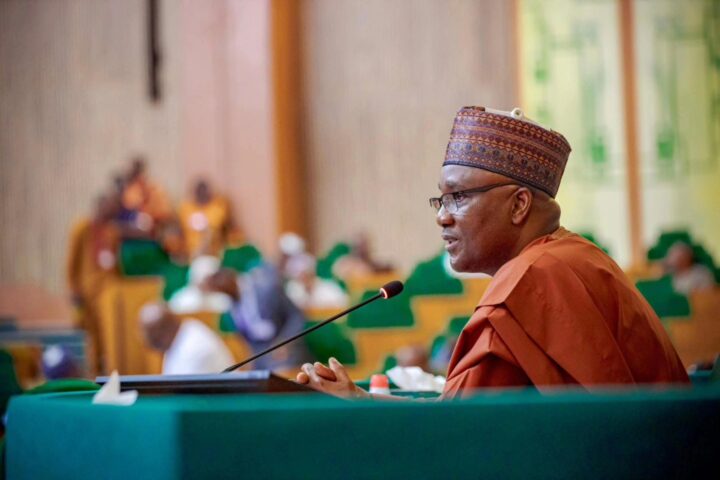Your mandatory voting proposal unconstitutional, Falana tells NASS
Human rights activist, Femi Falana (SAN), has charged the National Assembly to reconsider the proposed bill seeking to make voting mandatory for all eligible Nigerian citizens.
He described the proposal as not only unconstitutional but also practically unenforceable under the country’s current legal and political framework.
The proposed piece of legislation, titled “Bill for an Act to Amend the Electoral Act 2022 to Make it Mandatory for All Nigerians of Majority Age to Vote in All National and State Elections and for Related Matters,” was introduced by the Speaker of the House of Representatives, Abbas Tajudeen.
The bill, which reportedly passed second reading last week, aims to curb voter apathy and enhance participation in elections.
However, Falana urged the lawmakers to shift focus from mandatory voting to more substantial reforms, particularly the incorporation of recommendations from the Justice Mohammed Uwais Electoral Reform Panel.
These include the unbundling of the Independent National Electoral Commission (INEC), implementation of proportional representation, creation of an electoral offences commission, and conclusion of election petitions before the inauguration of elected officials.
Citing legal precedents and constitutional provisions, the senior lawyer warned that compulsory voting could be declared invalid for infringing on fundamental rights protected under Sections 37, 38, 77(2), 135(5), and 178(5) of the 1999 Constitution (as amended). These sections, he said, guarantee Nigerians’ rights to privacy, freedom of thought and conscience, and the freedom to decide.
He referenced several landmark judgments, including Nwali v. Ebonyi State Independent Electoral Commission (2014), where the Court of Appeal ruled that open ballot voting violated voters’ privacy. In Medical and Dental Practitioners Disciplinary Tribunal v. Okonkwo (2001), the Supreme Court affirmed the right to make personal decisions based on religious beliefs, reinforcing that state interference in such matters is unconstitutional.
Falana further noted the Supreme Court’s decision in Lagos State Govt. v. Asiyat AbdulKareem (2022), which upheld the right of Muslim female students to wear hijab in public schools, as a strong affirmation of citizens’ rights to religious freedom and personal choice.
“Compulsory voting cannot be legalised in vacuo,” he stated, emphasising that unless Chapter II of the Constitution, which outlines the fundamental objectives and directive principles of state policy, is made justiciable, mandating electoral participation remains unconstitutional.
The SAN also criticised the apex court’s rejection of the electoral umpire’s deployment of technological innovations such as Bimodal Voter Accreditation System (BVAS) and INEC Result Viewing Portal (IREV) on the grounds that they lacked constitutional and legal backing.
He implored the National Assembly to prioritise amending the Electoral Act to legitimise the reforms and enhance electoral credibility.
While acknowledging that Section 14(2) of the Constitution provides for citizens’ participation in governance, Falana argued that such participation must be voluntary and based on legally enforceable rights. He further referenced Article 13(1) of the African Charter on Human and Peoples’ Rights, which guarantees the right to participate freely in government either directly or through chosen representatives as long as the law permits.










